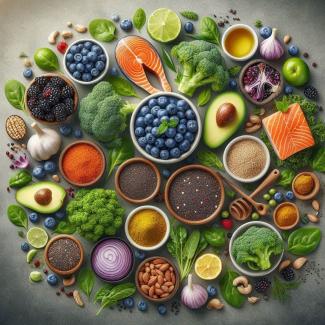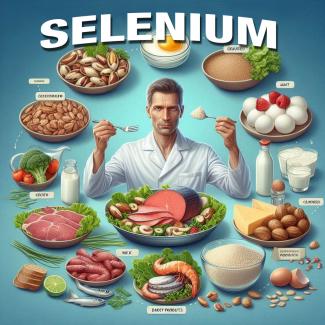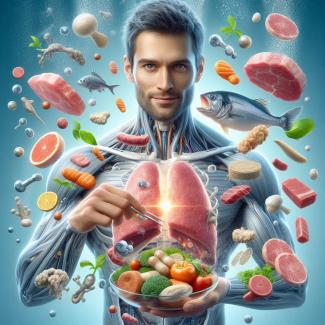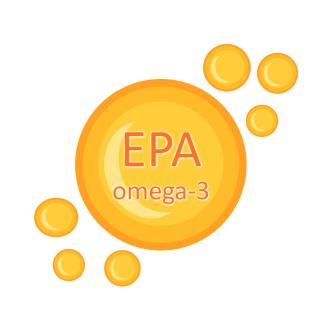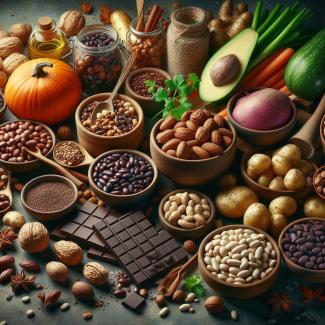
Copper is an essential trace element that plays several important roles in the human body. It is necessary for various physiological functions and overall health. Here are some reasons why copper is important to the human body:
- Enzymatic activity: Copper is a crucial component of many enzymes in the body, known as cuproenzymes. These enzymes are involved in numerous biochemical processes, including energy production, iron metabolism, and the synthesis of connective tissues, neurotransmitters, and pigments.
- Iron metabolism: Copper helps regulate the absorption, transport, and utilization of iron in the body. It is necessary for the conversion of iron into a form that can be transported in the bloodstream, which is vital for the production of red blood cells and the prevention of anemia.
- Connective tissue formation: Copper is essential for the synthesis of collagen, a protein that provides structural support to various tissues in the body, including skin, blood vessels, and bones. Collagen is crucial for wound healing, tissue repair, and maintaining the integrity of blood vessels.
- Brain function: Copper is involved in the development and maintenance of the central nervous system. It plays a role in the production of neurotransmitters, such as dopamine and norepinephrine, which are important for brain function and mood regulation.
- Antioxidant defense: Copper is a component of the antioxidant enzyme superoxide dismutase (SOD), which helps protect cells from damage caused by free radicals. Free radicals are unstable molecules that can contribute to oxidative stress and various health problems if left unchecked.
- Immune system support: Copper plays a role in the proper functioning of the immune system. It is involved in the production and activation of immune cells, such as neutrophils and lymphocytes, which help defend the body against infections.
- Bone health: Copper is necessary for the formation and maintenance of healthy bones, as it contributes to the cross-linking of collagen fibers in bone tissue.
It's important to note that while copper is essential for human health, excessive copper intake can be harmful. Copper toxicity can lead to symptoms such as nausea, vomiting, and liver damage. Therefore, it's essential to maintain a balanced diet that provides the right amount of copper without excessive intake. The recommended daily intake of copper for adults is typically around 900 micrograms (0.9 mg). This requirement can be met through a varied and balanced diet that includes copper-rich foods like nuts, seeds, seafood, and whole grains.

